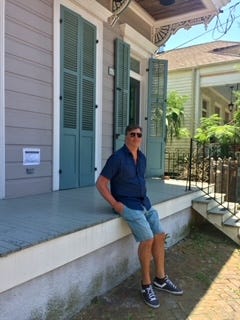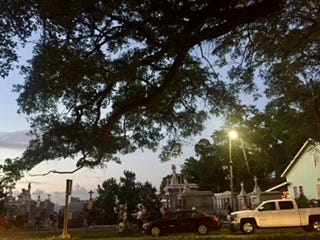



In the last newsletter I talked about the health emergency that prevented our trip to Berlin, where I hoped to research more about the nature of forgetting and memorializing. Thanks to everyone who sent messages of love. Your care helps us experience and know our community, and we felt supported by many of you. In the aftermath, we’re noticing that ther…
Keep reading with a 7-day free trial
Subscribe to Wanderland to keep reading this post and get 7 days of free access to the full post archives.



